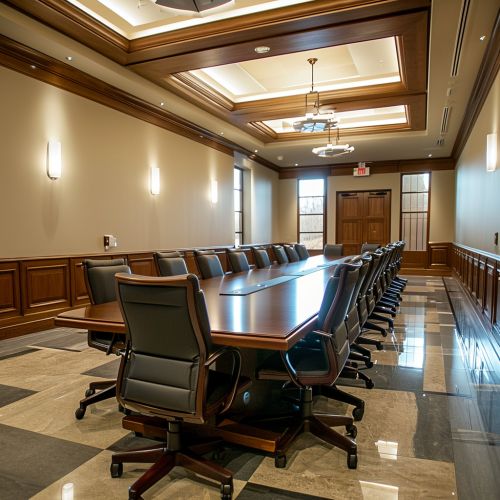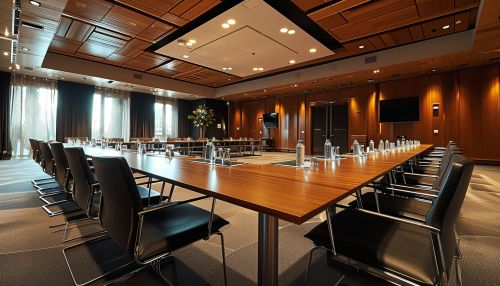Politburo
Overview
The Politburo, short for Political Bureau, is a term used to refer to the executive committee for a number of political parties around the world. The term originated in Russia, and was first used by the Bolshevik Party in 1917 to denote the top policy-making and executive body of the party. The Politburo is typically composed of key members of the party, who are elected to their positions by the party's central committee.
Historical Background
The concept of the Politburo was first established by the Bolshevik Party in Russia during the October Revolution of 1917. The Bolsheviks, led by Vladimir Lenin, established the Politburo as the highest decision-making authority within the party. The Politburo was responsible for making decisions on all major policy issues, and its members were considered the most influential and powerful figures within the party.
Structure and Function
The structure and function of the Politburo can vary depending on the specific political party and country. However, in general, the Politburo is composed of a small group of individuals who hold key positions within the party. These individuals are typically elected to the Politburo by the party's central committee, although the exact process can vary.
The main function of the Politburo is to make decisions on major policy issues. This can include decisions on economic policy, foreign policy, and other key issues. The decisions made by the Politburo are typically binding on the entire party, and often have a significant impact on the country as a whole.


Politburo in Different Countries
While the concept of the Politburo originated in Russia, it has been adopted by a number of other countries, particularly those with a communist or socialist political system.
Soviet Union
In the Soviet Union, the Politburo was the highest policy-making authority within the Communist Party. The Politburo was composed of the top leaders of the party, who were elected by the Central Committee. The Politburo had the authority to make decisions on all major policy issues, and its decisions were binding on the entire party.
China
The Communist Party of China also has a Politburo, which is one of the key decision-making bodies within the party. The Politburo is composed of 25 members, who are elected by the party's Central Committee. The Politburo is responsible for making decisions on major policy issues, and its decisions are binding on the entire party.
Other Countries
Other countries that have a Politburo include Vietnam, North Korea, and Cuba. In each of these countries, the Politburo is a key decision-making body within the ruling party, and its decisions have a significant impact on the country's policies and direction.
Criticisms and Controversies
The concept of the Politburo has been the subject of criticism and controversy. Critics argue that the Politburo often lacks transparency and accountability, and that its decisions are often made behind closed doors without input from the public. There have also been concerns about the concentration of power within the Politburo, and the potential for abuse of power.
